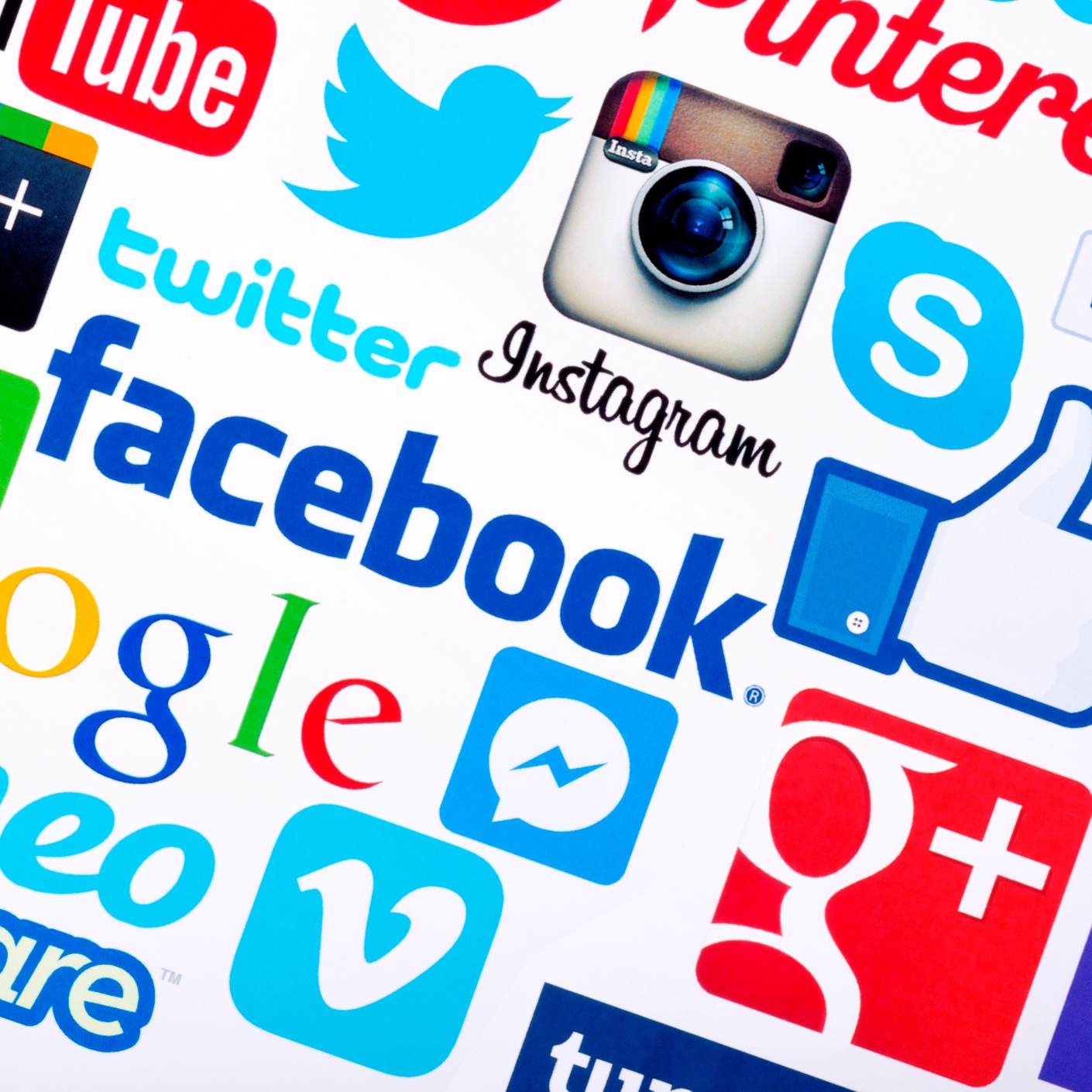
When Twitter Inc. (NYSE: TWTR) reported its fourth-quarter financials on Wednesday, they pretty much disappointed across the board. User growth remains stagnant, interaction is flat and, while revenues are up quarter over quarter, the company continues to lose money.
Shareholder sentiment is weak to negative, and markets are questioning the ability of CEO Jack Dorsey to turn the ship around. There are suggestions that this may be the beginning of the end for the 140-character platform. Looking at the wider technology sector, or even wider markets in general, which companies sell off on a Twitter disappointment?
It would be easy to say the social media segment in its entirety suffers from weak Twitter results, but Facebook Inc. (NASDAQ: FB) has proven this not to be the case. Facebook is the darling of the technology sector at the moment, and it benefits from a weak Twitter as it presents the company as the safest social media investment. Indeed, while the tech sector is down since Twitter’s release, Facebook is up a couple of percentage points. So who suffers?
A number of smaller companies that work in the social sponsorship arena rely on Twitter users for large portions of their revenues. Take IZEA, for example. It’s an over-the-counter stock that runs social sponsorship campaigns for brands. Essentially, it pays socially influential people to post tweets about a brand’s products. If user interaction with Twitter declines, companies like IZEA suffer from a weakened network reach and their ability to command revenues for sponsored posts declines. The company is down nearly 7% on Twitter’s release, though that is due to a combination of factors, including general volatility.
Then there are companies that use Twitter to generate revenues. Notable inclusions to this list include Whole Foods Market Inc. (NASDAQ: WFM), which has nearly 5 million followers on its corporate Twitter account and regularly promotes products and deals. Staples Inc. (NASDAQ: SPLS) doesn’t have as many followers as Whole Foods but is very active compared to its competitors, often posting 10d to 20 tweets a day detailing promotion and encouraging brand engagement. Walt Disney Co. (NYSE: DIS) has 4.6 million followers on its primary account and a massive 25 million on its ESPN account, both of which the company uses to promote content and merchandise. If user engagement continues to fall, and users fall off Twitter (which is an inevitable collateral effect from weakened user engagement), these companies will lose a valuable promotional channel.
Finally, and a little more left-field, publishing stocks look set to suffer. Companies like John Wiley & Sons Inc. (NYSE: JW-A) and Scholastic Corp. (NASDAQ: SCHL) rely heavily on author promotion and engagement with potential customers and readers to sell books. Authors like Stephen King (1.3 million followers), J.K. Rowling (6.7 million followers) and Paulo Coelho (11 million followers) regularly take to Twitter to promote their books and engage with their readers — at the request of their publishers, no doubt. A reduced user base will narrow their promotional network.
This is far from an exhaustive list, of course. The number of companies that rely heavily on Twitter for sales, promotion and even customer service is huge — and its decline represents the loss of an extensive sales network and opportunity.
The Average American Has No Idea How Much Money You Can Make Today (Sponsor)
The last few years made people forget how much banks and CD’s can pay. Meanwhile, interest rates have spiked and many can afford to pay you much more, but most are keeping yields low and hoping you won’t notice.
But there is good news. To win qualified customers, some accounts are paying almost 10x the national average! That’s an incredible way to keep your money safe and earn more at the same time. Our top pick for high yield savings accounts includes other benefits as well. You can earn up to 3.80% with a Checking & Savings Account today Sign up and get up to $300 with direct deposit. No account fees. FDIC Insured.
Click here to see how much more you could be earning on your savings today. It takes just a few minutes to open an account to make your money work for you.
Our top pick for high yield savings accounts includes other benefits as well. You can earn up to 4.00% with a Checking & Savings Account from Sofi. Sign up and get up to $300 with direct deposit. No account fees. FDIC Insured.
Thank you for reading! Have some feedback for us?
Contact the 24/7 Wall St. editorial team.
 24/7 Wall St.
24/7 Wall St.



